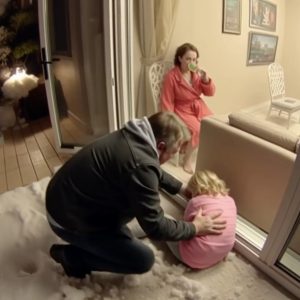When 19-year-old Avery Koonce left her hometown of Tyler, Texas, to attend the U.S. Air Force Academy, she was full of promise. A track star and honor student, she’d spent her life training, studying, and chasing excellence. But on September 4, 2024, Avery was found unresponsive in her dorm room at the Academy in Colorado Springs. The young cadet’s sudden death stunned her peers and devastated her family — and according to experts, it might have been entirely preventable.
An autopsy released by the El Paso County Coroner’s Office revealed that Avery died from Paeniclostridium sordellii sepsis — a rare but aggressive bacterial infection that developed as a complication of parainfluenza laryngotracheobronchitis, a viral respiratory illness. In simpler terms, she had a severe pneumonia that spiraled out of control.
Her lungs were under attack from both a virus and a bacteria that her weakened immune system couldn’t fight. Medical experts who reviewed the findings say that with proper and timely treatment, Avery’s life likely could have been saved.
Dr. Michael Baden, a renowned forensic pathologist and former chief medical examiner for New York City, analyzed the case and described the cause of death bluntly: “In essence, she died of untreated pneumonia.”
According to Dr. Baden, Paeniclostridium sordellii is an uncommon bacterium associated with rapid, toxin-producing infections that can lead to toxic shock. “It’s extremely rare, but it thrives when the immune system is compromised,” he explained. “In this case, the viral infection weakened her defenses, allowing the bacteria to spread. It’s not tied to any underlying condition — it’s simply something that should have been caught and treated.”
He emphasized that basic interventions — antibiotics, intravenous fluids, and early medical evaluation — could have drastically changed the outcome. “This didn’t have to happen,” he said. “She had an illness that was completely manageable.”





